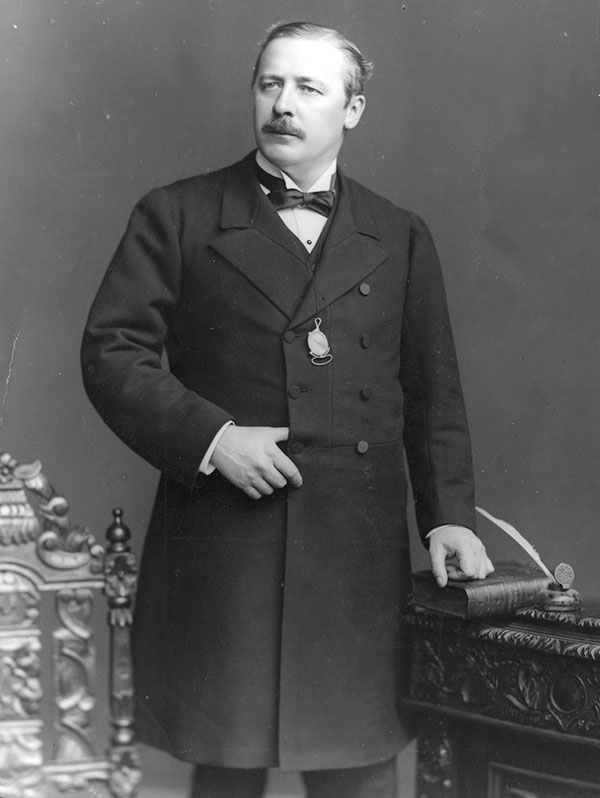 |
| The British militarily defeated Egyptian nationalist at the Battle of Tel-el-Kebir in 1882 |
Through diplomatic negotiations in 1881–82, the British and French reached an agreement whereby the French occupied Tunisia in North Africa and Britain took Egypt.
The British militarily defeated Egyptian nationalist forces led by Ahmed Urabi at the Battle of Tel-el-Kebir
Initially, the British claimed that the occupation was a temporary one, but geopolitical considerations and ongoing conflict in the Sudan under the Mahdi led to the long-term occupation of Egypt by the British.
  |
The British superimposed their own administration and became the de facto rulers of Egypt while maintaining the facade of Egypt as an autonomous province of the Ottoman Empire as arranged during the rule of Muhammad Ali.
The khedive was retained, with British advisers in the key government offices. A nonelective legislative council of Egyptians served in an advisory capacity. This two-tiered, often-cumbersome administration led to British control over all aspects of government from the judicial to financial to education.
Evelyn Baring, later Lord Cromer, was appointed consul general in 1883. Cromer was the virtual ruler of Egypt until 1907, when he was forced by the British government to retire following an increase of Egyptian nationalist discontent.
 |
| Evelyn Baring, 1st Lord of Cromer |
A fiscal conservative, Cromer attempted to lessen the financial burdens on the fellaheen (peasants) but devoted few resources to education or other social programs.
The British did improve the irrigation systems in Egypt and also abolished forced labor. The railway system that benefited British commercial interests was also extended to the detriment of road and water transportation systems.
Mixed courts dealt with all cases involving foreigners, and civil courts with Egyptian judges and lawyers served the Egyptian population. A lively press that covered a wide range of political and social issues also developed, although the British carefully monitored it for subversive or anti-British opinions.
Over the years the number of British advisers proliferated. The presence of foreign troops and often arrogant British bureaucrats increased nationalist opposition to the occupation, particularly among the urban educated youth.
Mustafa Kamil
Much to the dismay of the British, Tewfik’s successor, Khedive Abbas Hilmi supported the nationalist cause. Mounting Egyptian nationalism led to the emergence of political parties that the British vainly attempted to control. British control was not formalized until Egypt was declared a British protectorate with the outbreak of World War I in 1914.